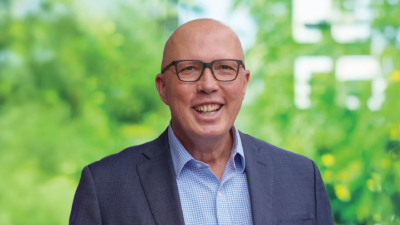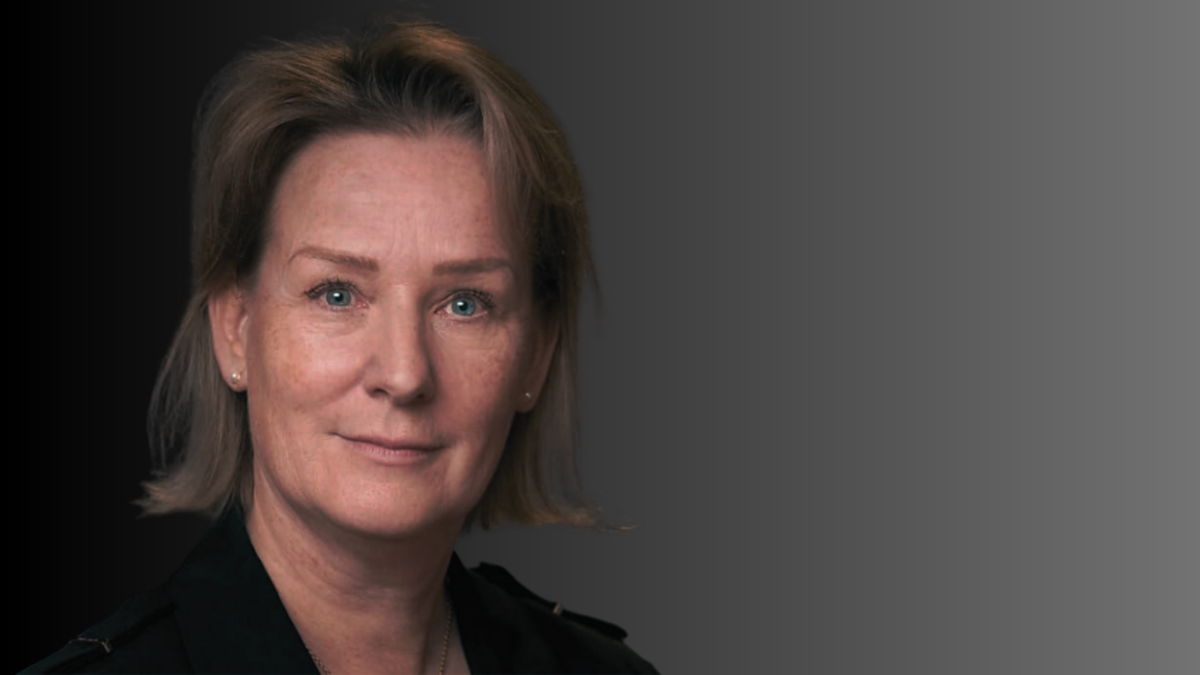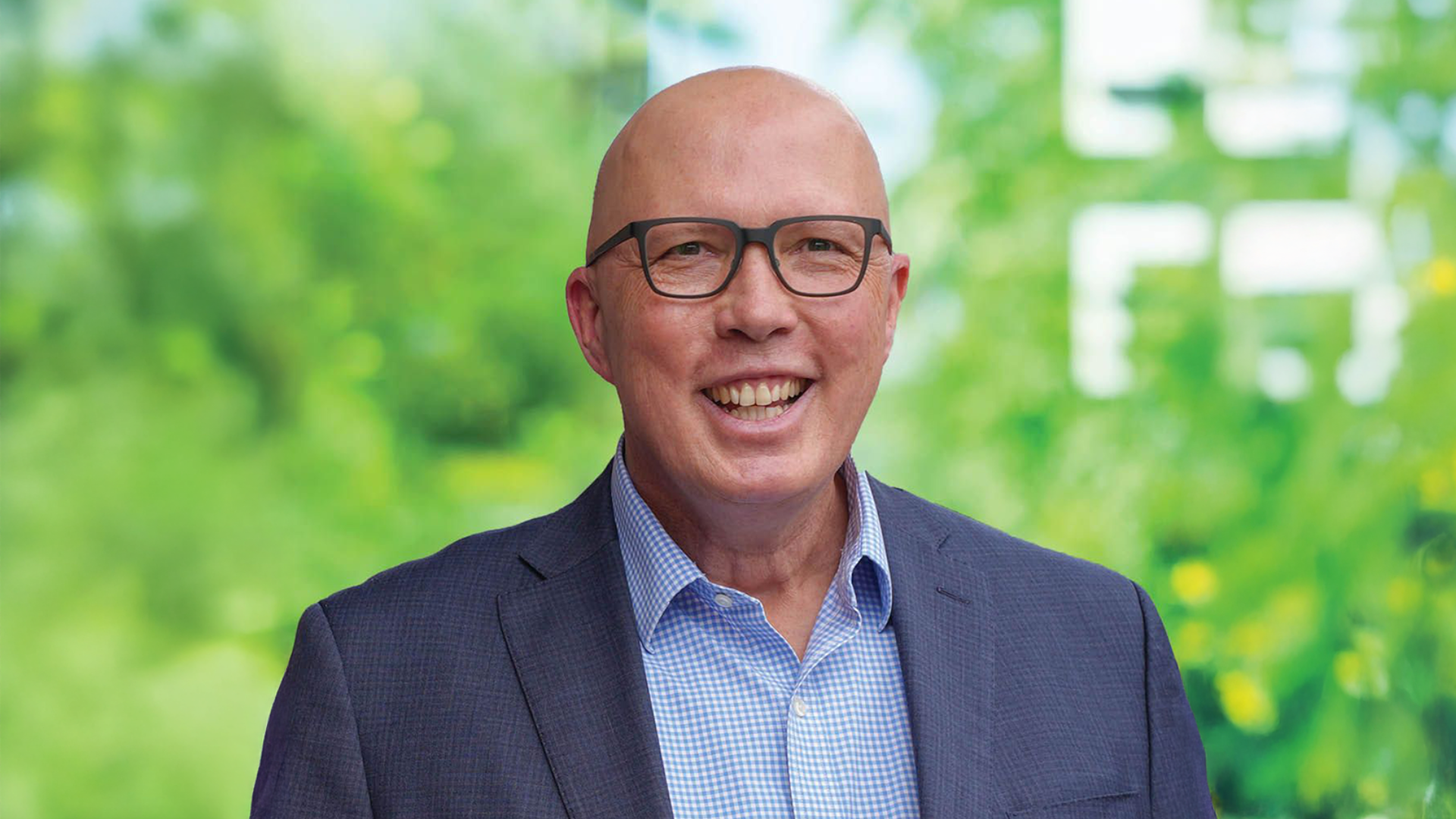‘So many, and so unseen’: Women in Super champions neurodiversity
Neurodiverse people are everywhere in society but their talents often go underappreciated, according to Institute of Neurodiversity (ION) founder and former merchant banker Charlotte Valeur (pictured). And their skills can make things “better for everybody”.
“The strength that we have is often around pattern seeking and systemising… It’s people who systemise who have been able to create mathematics, music, languages,” Valeur told Women in Super’s (WIS) Championing the Change event last Tuesday. “You can only do that if you think deeply about it for many years. It’s not a coincidence that nature has decided it needs people like us; all-rounders are good, but they rarely change the world.”
“The people who change the world who think deeply for a long time about one thing. If you didn’t have people constantly thinking about whether something is right or wrong, we wouldn’t have invented the wheel.”
Valeur was diagnosed as autistic in 2017, and launched ION in late 2021 after going public with her diagnosis. ION aims to “give a voice” to neurodiverse individuals and campaign for their representation and inclusion. The term “neurodiversity” was first coined by researcher Julie Singer in the late 90s, and popularised by journalist Harvey Bloom. It holds that there is simply “a diversity of human minds and ways of thinking”, and can refer to a number of conditions – including autism, ADHD, dyslexia, and mental illnesses.
The Championing the Change event builds on Women In Super’s previous work around neurodiversity, which has been spearheaded by Wilson Asset Management PM Dania Zinurova. As highlighted by WIS’ previous events, neurodiverse people have historically been denied the employment opportunities afforded neurotypical people for reasons stemming from their condition. 31.6 per cent of working age autistic people are unemployed, three times the unemployment rate for people with a disability.
Before the age of 12, Valeur was effectively non-verbal; she only began speaking when she had the sense that “she could die and nobody would notice”. She went mostly unnoticed at high school, where she was deemed “dumb” by her teachers and peers, and didn’t continue into university. She instead started work at 18 as an apprentice at a bank, and that was her “break”; she enjoyed numbers, and went on to work as a fixed-income trader at Nordea.
“We were 80 different nationalities and nobody really judged somebody,” Valeur said. “It was the 80s and 90s: show us the money. We had on the wall in the dealing room the top 20 performers and how much they’d earned for the bank at that time. They were quite in your face times, those days. So I just made sure I was always in the top 10 performers in the room and then you’d get due respect.”
Valeur found she didn’t enjoy the typical merchant banker pastimes – going out and drinking – and was given clients that were viewed as difficult or demanding, or who really didn’t want to be wined and dined, and preferred the facts. Valeur said: “Hallelujah for me that were clients like that”.
“There really is a space for people like me everywhere; we need to understand that people like us are actually everywhere, in all layers of society,” Valeur said. “… there is nowhere we are not. Often we’re hidden. People don’t notice us and we try to keep a low profile because we’ve pretty much all grown up being beaten if we put our head above the parapet.”
“We’re all normal human beings but we all have different needs and different challenges. To that end I started ION… A handful of neurodivergent people came together and said “We have to create our community because we need a voice” – and when you don’t have a voice you don’t have agency. And we need agency to change that misunderstanding and that narrative… One day hopefully the whole world will be our allies.”











